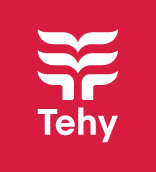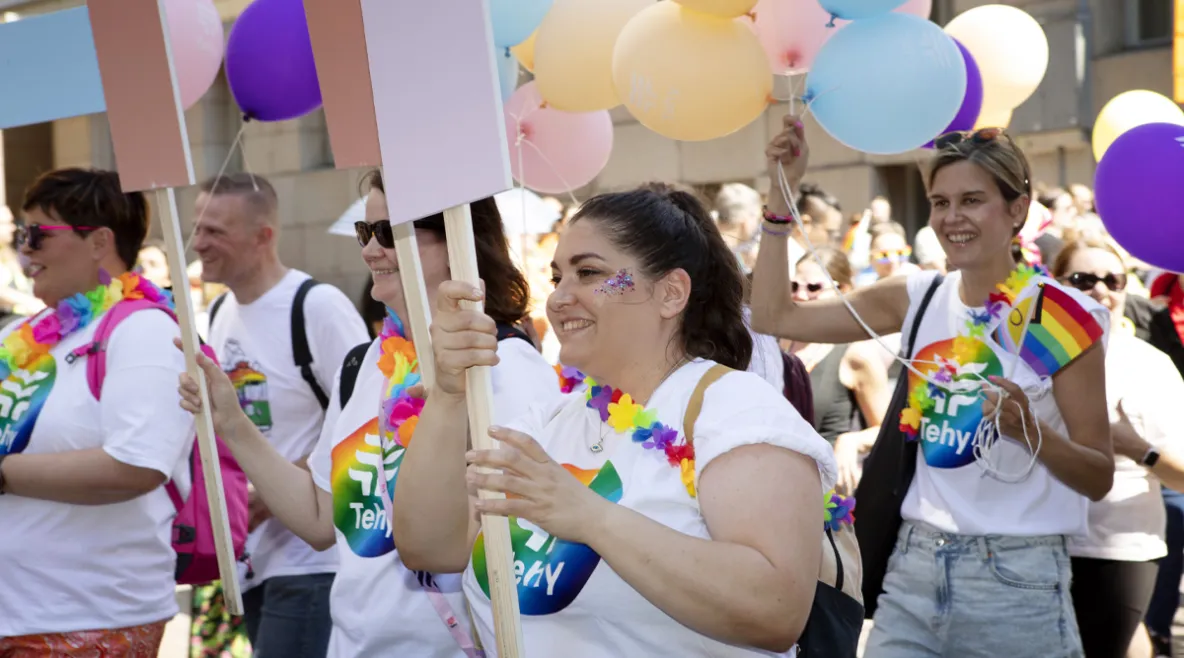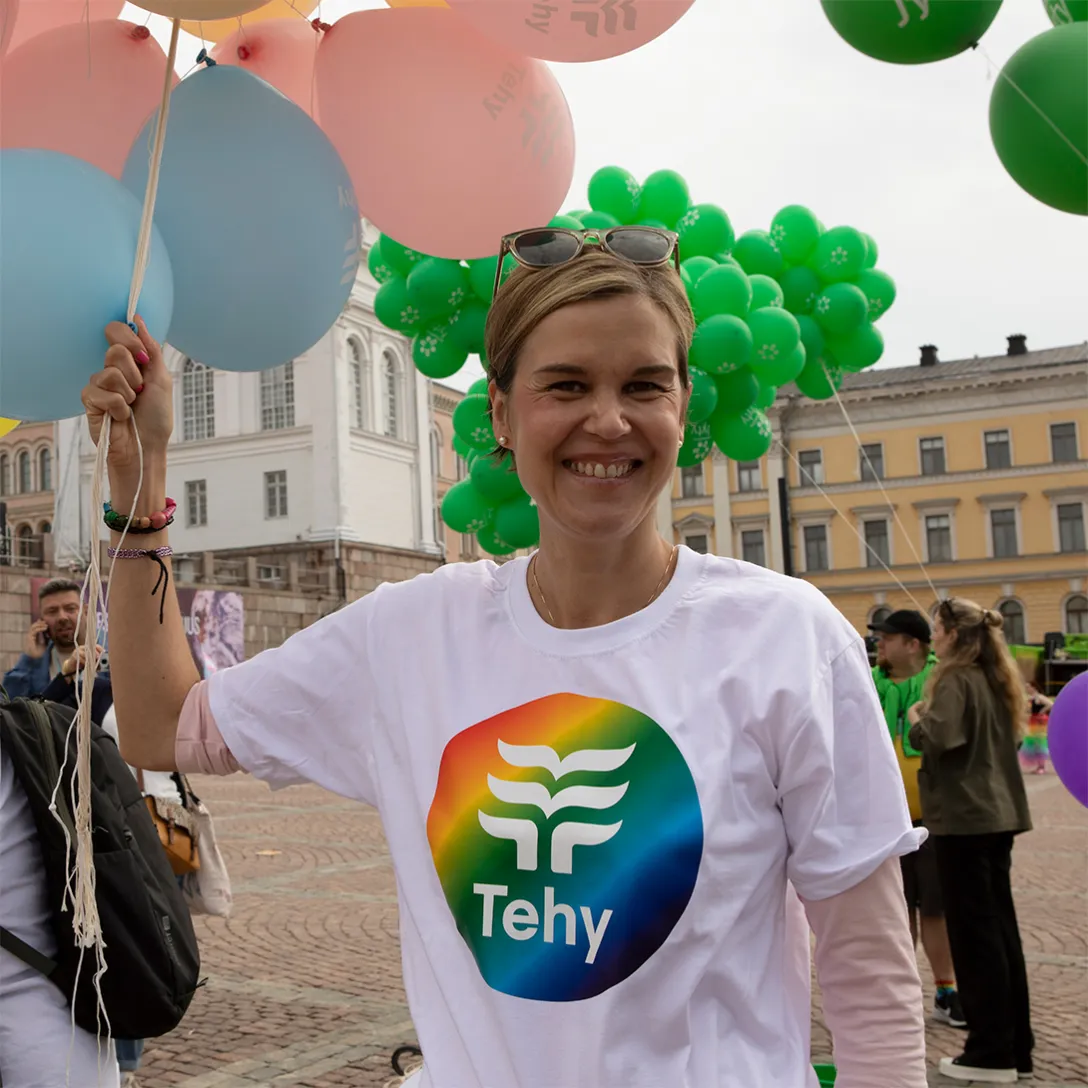Often, you do not notice discrimination before you experience it for yourself. The Tehy magazine carried out an online survey regarding coming out of the closet. The respondents represented sexual and gender minorities. One respondent aptly stated: “You come out of the closet many times – there’s always a new meeting with new people.” Another said: “Heteronormativity surrounds us like oxygen.”
Nevertheless, the female-dominated healthcare, social welfare and education sectors may feel safer than many male-dominated sectors.
Discrimination goes beyond insults, hostile treatment, or threats of violence. Discrimination also entails who is seen as a suitable employee, whose personal life draws more attention than their skills, or who we assume to belong to a certain group based on their name, voice or appearance.
Discrimination is not always born out of malice, as it can also be due to a lack of awareness. Perhaps people do not know the right words or have enough information. We do not have experience of things that are unfamiliar to us. Still, there is no need to walk on eggshells and dread mistakes. But you do need to be willing to listen and learn.
However, discrimination is sometimes a case of distorted thinking: internalised ideas of what is normal and what is not. “This is foreign to me, so I reject it.” “Things used to be different.”
Equity is for everyone
Social equity does not only concern minorities. It is not only non-discrimination, but also actions towards everyone feeling like they belong and that they can work without fear of discrimination, belittling, or ridicule.
In Tehy, we have an obligation, but also an opportunity to point out flaws, educate, take a stand and participate in building a society where everyone feels accepted regardless of their gender, sexuality, ethnicity, language, or functional capacity.
Tehy’s core purpose is advocating for fair pay, developing the terms and conditions of work and promoting wellbeing at work in the healthcare, social welfare and education sectors. Furthermore, as the largest labour union in these sectors, Tehy plays a significant role in promoting equity and influencing public opinion.
This is not a topic only to be brought up in festive speeches, but visible, impactful and consistent action that Tehy has engaged in for a long time, especially under the leadership of our President Millariikka Rytkönen.
The times are changing, and so must we
We have already made great progress in many aspects. The Pride Week, or rather the Pride Month, has become a highly popular event where the rights of gender and sexual minorities are brought up.
I personally remember Helsinki Pride growing over the 2010s from a neighbourhood celebration to a massive urban festival that encompasses the whole city. More and more workplaces, communities and companies have joined. This year, the present President of the Republic and his spouse are the patrons of Helsinki Pride for the first time in history.
I was recently talking to a colleague who had been part of the ‘liberation march’ in the 80s. Back then, a few dozen people marched along the main street of Helsinki. People staring had been the most confusing aspect. They do not stare as much anymore. The world has changed, and that is reason for celebration. Still, the work continues.
Today, same-sex relationships feel commonplace for many. They no longer draw questions, giggles or inappropriate jokes in breakrooms. Still, the rights of minorities require constant work and learning from all of us.
The Tehy magazine interviewed a 37-year-old nurse who was about to start the gender transitioning process. She said that talking about the topic to her supervisor felt possible, but telling the rest of the work community made her nervous. How will they receive the news?
This is why it is important that employers offer training to their personnel. How do we approach a customer, a patient, or a colleague? It is essential that the employer has zero tolerance for discrimination and inappropriate treatment.
What does equity actually require?
You could think that equity comes about naturally as long as we do not discriminate against anyone. However, equity requires us to think: Whose experience do we not know or understand? Who is being excluded?
At work, this can be seen in the small details: a form that does not accept a person’s preferred name, or a customer service situation where a person is approached based on assumptions. Equity requires that we actively pay attention to those who are easily marginalised.
When we pay attention to minorities, we are not granting privileges, but correcting an imbalance that we have never had to encounter, ourselves.
The work for equity is the responsibility of us all. It is worth it. Because a workplace where everyone can be themselves is also a place where people feel better and work more productively.
Led by President Millariikka Rytkönen, Tehy has resolutely worked towards equity and human rights on a larger scale. We have defended our members’ rights and taken a stand for both non-discrimination and fairness.
This has been reflected in not only our promotion of the rights of gender and sexual minorities, but also our anti-racism work and statements.
Our work has not been only outward-facing. Even as a workplace, Tehy has shown that everyone is welcome as they are. For us Tehy office workers, it has been meaningful that, under Milla’s leadership, Tehy has participated in Pride marches since 2018 and was an official Helsinki Pride sponsor in 2024.
Such actions have social significance. But they also show us employees that we are accepted as we are. We are defined by our work, not by any minority status.
Pride is a celebration, but it is also a reminder.
A reminder that equity and social justice do not come from nowhere. They are built together, but they can be taken apart the same way. Equity and social justice are values that require constant work to avoid their erosion. The atmosphere fluctuates, occasionally becoming tenser, which is why we need action.
A safe and equal society is built in the places where we work and interact with people, from shop queues to workplaces.
Equity is constant movement in a better direction. That is what Tehy is working towards.


